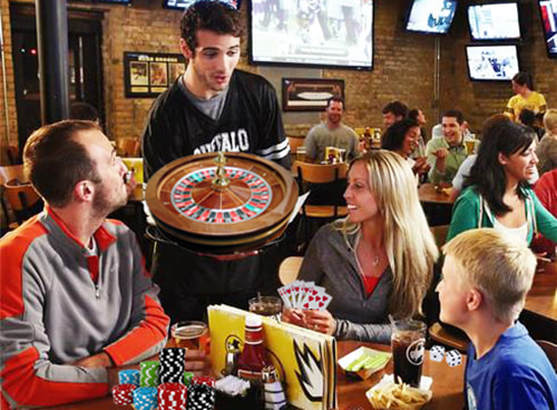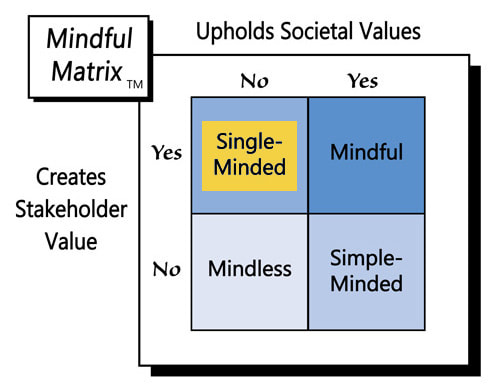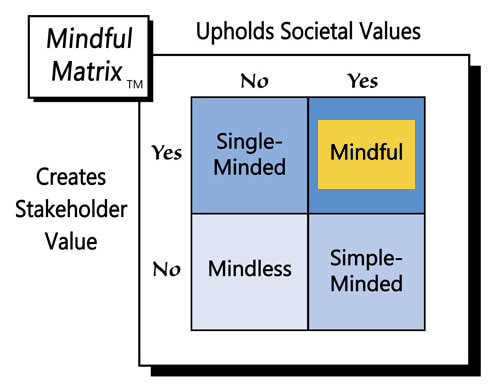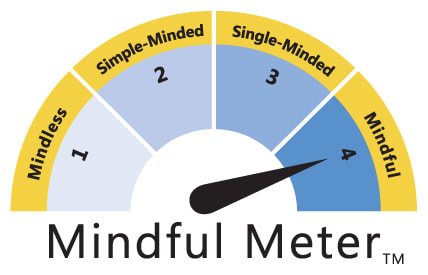On May 14, 2018, the U.S. Supreme Court struck down a 1992 federal law that largely outlawed sports betting, thereby giving states authority over such gambling. Several states, like Delaware and New Jersey, quickly legalized sports betting, and many others are poised to follow suit. It’s hard to imagine policymakers resisting the revenue potential sports gambling represents, which is the same reason Buffalo Wild Wings is considering adding gambling to its menu.
There’s certainly nothing wrong with businesses, including those in the highly-competitive restaurant space, looking for other sources of sales. Furthermore, some restaurants, like Dave and Buster’s, have become successful by marketing experiences alongside entrées. But, is playing arcade games the same as putting down money on NFL games?
Leisure is in many ways a personal preference. Everyone needs to relax and refresh at times, in ways that work for them, so who’s to say someone is wrong to spend his/her free time and money reading books, riding bikes, watching movies, or wagering on the outcomes of soccer games? If done in excess, most leisure activities could potentially be harmful, but gambling appears to carry a unique set of risks for the gambler and others:
- Financial Risks: Problem gamblers can easily fall into a downward spiral of debt, leading them to max out credit cards, fail to make mortgage payments, or even declare bankruptcy.
- Relationship Risks: Compulsive gambling can lead to neglect of children, fights with spouses, and divorce.
- Health Risks: Problem gamblers often suffer from stress, anxiety, low self-esteem, and depression, as well as related physical symptoms such as insomnia, high blood pressure, migraines, and heart disease. Such individuals also are likely to use alcohol and drugs as coping mechanisms, or even commit suicide.
- Job Risks: Individuals with gambling problems are frequently absent from work and less productive when they are on the job, often because of their misuse of company time.
While most leisure activities tend not to become obsessions, gambling addiction is very real. Studies have shown that those addicted to gambling exhibit many of the same behavioral and neurological symptoms that drug addicts experience. What’s more, bookstores and bicycle shops don’t need to run disclaimers in their ads, “Have a reading addiction?” or “Biking problem? Call . . .”, but casinos put disclaimers like this one on their websites: “Gambling Problem? Call 1-800-GAMBLER for help.”
The following statistics from Addiction Tips help put problem gambling into even clearer perspective:
- Around 80 percent of the American population gambles in a given year.
- About five out of 100 gamblers have a gambling addiction.
- Of those age 14-21, 750,000 are addicted to gambling.
- Most of those addicted to gambling are between the ages of 20 and 30.
- Over 6% of students in U.S. colleges gamble regularly.
- Gambling addiction is positively correlated with criminal activity, including violent crimes.
Gambling is a widespread and risky activity; however, the National Council on Problem Gambling acknowledges that “most adults who choose to gamble are able to do responsibly.” With the legalization of sports betting, gambling activity is likely to explode, so why shouldn’t Buffalo Wild Wings add sports gambling to its menu? That’s the question longtime ESPN host Mike Greenberg asked during an August 18, 2018 broadcast of his daily sports talk program Get Up!:
“This doesn’t seem that complicated, unless I’m missing something . . . It seems like a lot more people will come [to Buffalo Wild Wings, if it adds gambling]. I don’t see any reason not to and I see every reason to . . . I am one who is in favor of gambling in a significant way, so I don’t see any downside to this. Tell me what I’m missing if there is something.”
Here are some things that Greenberg may be overlooking about sports, gambling, and Buffalo Wild Wings:
- Sports are extremely widespread: There are over 440 internationally recognized sports and more than 8,000 indigenous sports, not necessarily recognized internationally. That pervasiveness means a virtually endless stream of easily-found betting opportunities.
- Sports inspire passion among a very wide range of people: Few things stir as much interest and excitement as sports, or enjoy such broad demographic appeal: men and women from toddlers to senior citizens love sports. The 2018 Super Bowl drew over 103 million viewers in the U.S. alone, which provides some specific support of that extensive popularity.
- Gambling can be destructive and addictive: Several paragraphs above have already detailed many risks associated with gambling as well as its potential for addiction.
- Buffalo Wild Wings is really big: It’s the largest sports bar chain and the 17th largest restaurant chain in the U.S. In 2017, it had sales of over $3.9 billion across 1,206 stores, which means Buffalo Wild Wings could expand sports betting across the country about as fast as any company could.
- Buffalo Wild Wings targets families: The firm’s website suggests “Wednesday is for Family,” while promoting $2.99 kids’ meals from 4:00 pm - 8:00 pm from its seven-item, customizable kids’ menu. Customers also perceive the restaurant as family-friendly, posting online comments like “Yes, this place [is] definitely suited [for] families,” “Fun sports environment with fun bar atmosphere and family restaurant at the same time,” and “an awesome family friendly restaurant.”
- Buffalo Wild Wings targets college students: The chain currently offers special promotions with 16 different universities, including the University of Alabama where football fans can get a free order of snack-size wings if Alabama records three or more sacks in a game. A Google search of “Buffalo Wild Wings student discount” returns numerous hits of other college and universities that have negotiated special student discounts, such as one giving students at Northern Michigan University 10% off food items on Thursdays. Also, the website Student Discount Program calls Buffalo Wild Wings “the ultimate place to get together with your friends, watch sports, drink beer and eat wings.”
Certainly, there are many people who gamble without causing serious harm to themselves or others. Unfortunately, there also are 5 -7 million Americans, according to the National Council on Problem Gambling, who meet one or more of the diagnostic criteria for pathological gambling, thus experiencing at least some of the undesirable outcomes mentioned above. These numbers are likely to increase dramatically, as more states legalize betting on activities that have some of the broadest and most impassioned followings—sports. People who don’t already gamble are probably more likely to start if they can bet on something they enjoy and understand. For many people, that something is sports.
Because of its size and influence with sports fans, Buffalo Wild Wings would accelerate the growth of sports betting like few other companies could, should it choose to move forward with gambling. However, that probability is only one concern. Another is the impact Buffalo Wilds Wings would likely have on young people and their betting behavior.
As described earlier, Buffalo Wild Wings targets college students, many of whom love sports and already gamble. These coeds will be easily won over to sports betting, although they can ill-afford it, both because of time (many should study more) and money (many college students have considerable debt). However, an even younger demographic is at risk, should Buffalo Wild Wings begin sports betting.
As mentioned above, the chain also targets families with young children. While it’s unlikely that any kids would place wagers at the restaurant, children do carefully observe and emulate the behavior of adults. It’s sad to imagine so many children, most of whom love sports for the pure joy of playing or watching, being socialized into gambling on games. Greenberg's Get Up! co-host Jalen Rose aptly expressed this sentiment as he said, "I don't want my grandpa teaching me about gambling at [age] seven."
It will be hard for Buffalo Wild Wings or any organization to resist the revenue that can come from entering the growing market for sports gambling. Hopefully, however, the restaurant chain will recognize the unique influence it wields, especially on the lives of young people, and avoid betting on a strategy that can be considered “Single-Minded Marketing.”
Learn more about the Mindful Matrix and Mindful Meter.
Check out Mindful Marketing Ads and Vote your Mind!







 RSS Feed
RSS Feed